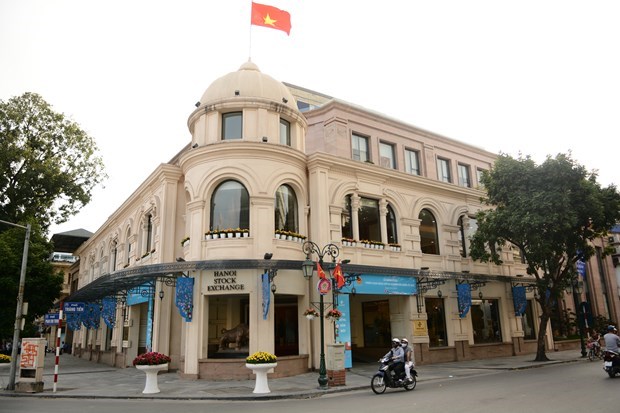Ordinary citizens faced higher risk in the current stock market environment, said the ministry of finance in a recent report released after a number of recent high-profile corporate scandals.

Ordinary citizens face higher risk in the current stock market environment, said the Ministry of Finance in a recent report released after a number of recent high-profile corporate scandals.
A number of firms, in recent years, have deliberately promised higher-than-market interest rates to lure people. The ministry said there has been an increase in activity by investment consultant firms and financial institutions to approach and convince a large number of people to put their savings in corporate bonds and stocks.
Some individuals have been advised to take advantage of legal loopholes to sign investment contracts with securities firms to purchase private offerings, which is prohibited by laws.
A major vulnerability, according to the report, was their lack of capacity to conduct in-depth analysis and risk assessment in buying corporate bonds and stocks. The ministry advised potential investors to carefully study bond issuers' business performance, and the demand for their products and services before putting money down.
While some high-quality corporate bonds are considered relatively safe and conservative investments, investors who buy a corporate bond are effectively lending money to the company. It's important to remember that it's not a saving account and ultimately it's the sole responsibility of bond issuers to repay. Citizens face the risk of losing part or their entire savings should the bond issuers default or struggle financially.
In addition, financial institutions and securities firms only act as middlemen in providing their services to both bond issuers and citizens for commission fees. They are in no way responsible for repayment should the issuer default due to reasons such as insolvency or bankruptcy.
Even in the case of guaranteed bonds, citizens have been advised to look into if and how much the guarantee covers their investments.
It's also recommended that citizens make inquiries into bond issuers' collateral to gain a better understanding of how their investments may be recovered in case issuers were forced to default. In Viet Nam, a large portion of collateral consists of issuers' real-estate properties, development projects and stocks. As such, not all of them may be cashed out quickly or at all in the event of a market shock. In some cases, they will not be able to recover citizens' investments in full.
The ministry said a common pitfall that must be avoided at all cost was buying high-yield bonds without looking into issuers' business performance and collateral while also not spending time to understand in full the issuers' terms and conditions. — VNS
- Tags
- corporate bonds





